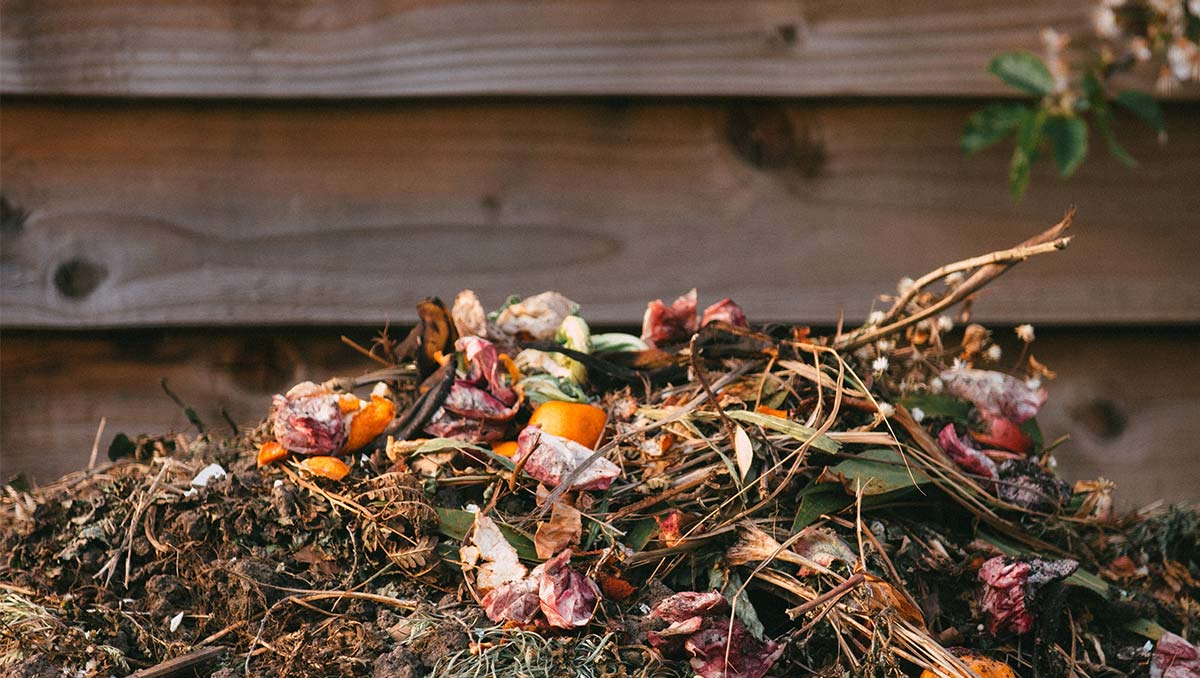We believe there is something uniquely special and satisfying about making your own compost.
And it’s easy. Feeding your soil with goodies leftover from your vegetable drawer and fruit bowl, alongside everyday garden waste, is one of the best ways to nourish the soil in your garden.
We were shocked to learn that just under 50%* of English local authorities do not provide a food waste recycling service for their residents. This equates to approximately 150,000 tonnes of food waste needlessly entering landfill and creating harmful greenhouse gas emissions each year.
So, why compost? In a nutshell, compost adds organic matter, which is an essential ingredient in healthy soil, helping it retain nutrients and water. Fallen leaves and plant matter count too, so a laissez-faire approach to tidying up your borders this autumn will feed your soil and create shelter for insects and other visiting wildlife.
There are some great tips online about how to build your own compost area. Even in the smallest of gardens, a discrete compost bin will help make a valuable contribution to your borders and pots, as well as the environment.
During the winter months, it’s a good idea to keep your compost heap covered to help retain the heat necessary for decomposition and to keep heavy rain fall out. It’s always advisable to aim for a balance of green materials (such as green leaf waste and grass clippings) with brown materials (woody stems and dead leaves). This can be more difficult to balance during the winter months, so be mindful about not overloading your compost heap with brown material.
No article on compost is complete without a reference to the excellent research by The Land Gardeners – their inspirational videos are worth a watch. We also like this article from Gardens Illustrated on sustainable compost if you are looking to head to the shops.
*Based on latest available statistics from 2018/19 as published by waste reduction body, Wrap.

